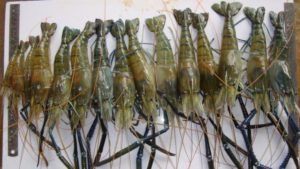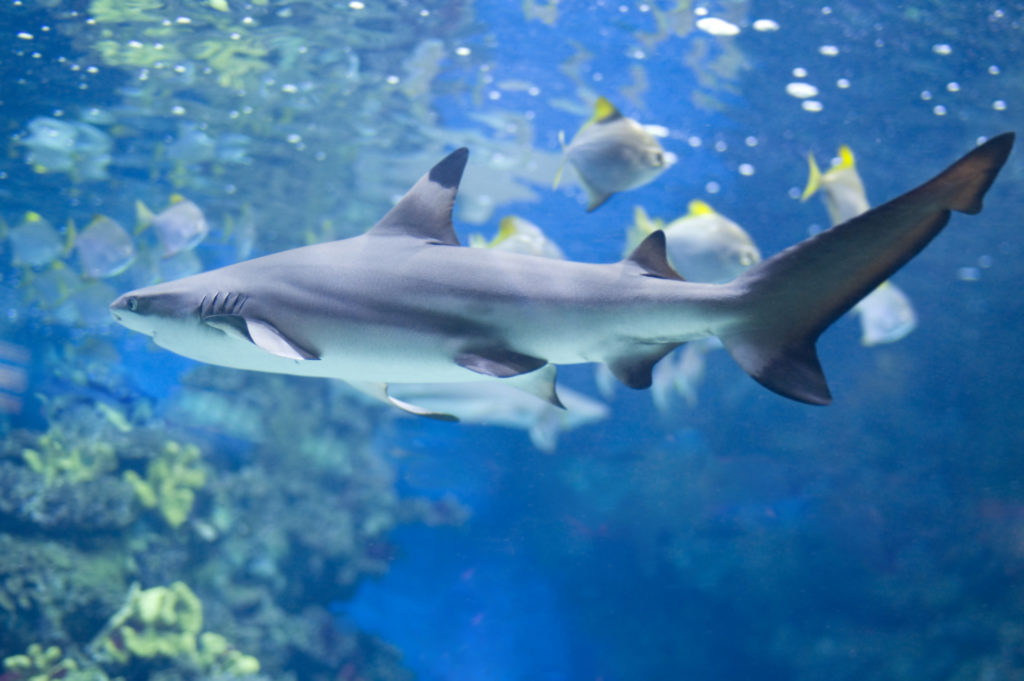
“Super Shrimp” May Protect Millions Against Disease
“Super Shrimp” May Protect Millions Against Disease
September 12, 2019
ISRAEL21c — A monosex prawn bred by Ben-Gurion University’s Prof. Amir Sagi and his Ph.D. student Tom Levy could make this winning trifecta possible: alleviate poverty, protect the environment and reduce disease.
In a groundbreaking study published in Scientific Reports, a research group headed by Prof. Sagi of BGU’s National Institute for Biotechnology in the Negev (NIBN), outlines the development of male Macrobrachium rosenbergii prawns with two female sex chromosomes and no male sex chromosome—so-called “super shrimp” that produce only female offspring.
The all-female prawns were developed without the use of hormones or genetic modifications with the help of the R&D team of Enzootic, an Israeli company specializing in all-female monosex aquaculture biotechnologies based on Sagi’s research.
The scientists say the super shrimp could increase aquaculture yields—a major source of income in some developing countries—and help prevent the spread of water-bound parasites.
“Prawns serve as efficient biocontrol agents against parasite-carrying snails, and since we can now use monosex prawns, which do not reproduce, it reduces the hazard of prawns becoming an invasive species,” Levy explained.
In July, a study reported in Nature Sustainability by a multinational team including Prof. Sagi and Dr. Amit Savaya of BGU’s Department of Life Sciences wrote that freshwater prawn species prey on aquatic snail species that host the parasite that causes schistosomiasis in sub-Saharan Africa.
Schistosomiasis is an acute and chronic disease caused by parasitic worms. The World Health Organization estimates that at least 220.8 million people each year require preventive treatment for the disease.
NIBN is a unique research institute within BGU that conducts multidisciplinary, applied and innovative research leading to the commercialization of novel technologies.




